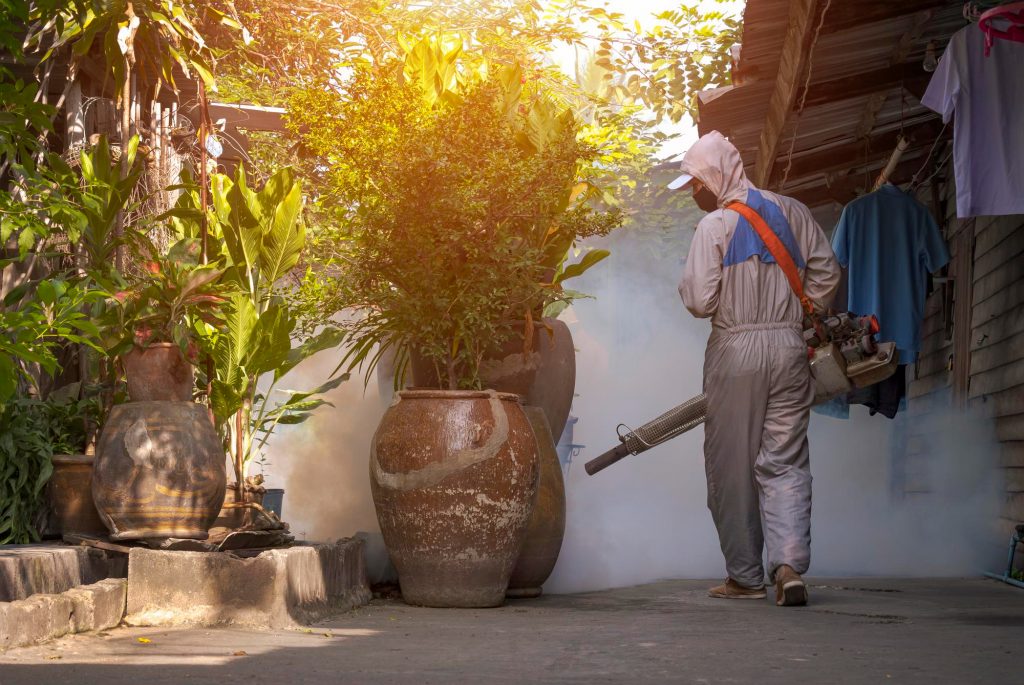Landlords Might Be Neglecting These 6 Responsibilities
Neglecting responsibilities?
That's not a landlord, that's a slumlord!
A landlord’s responsibilities to their tenants is a subject that often comes up in conversations about renting property. It is important for prospective tenants and landlords alike to be aware of the expectations each party has and how those expectations are taken care of.
You might not know that landlords have other responsibilities they should be performing, but aren’t?
The responsibilities of landlords vary
Local laws and lease terms affect landlord responsibilities in different cities. Most of their responsibilities and duties are more or less the same. A few of the most common ones often go unnoticed. Renters should know their rights as tenants, and landlords should know what their responsibilities are.
1. Putting an end to the party
Landlords are responsible for making sure all tenants are able to reasonably enjoy their apartments. In a multifamily or multiple-tenant building, this means cracking down on trumpet playing, tap dancing, and, yes, late-night revelry. As a tenant, it is important to know when to involve your landlord in any disputes you have with your neighbors. If loud music is coming from your neighbor’s apartment and knocking on the door does not resolve the issue, then you should notify your landlord right away. This is especially true if the noise disturbs other tenants or violates local noise ordinances.

2. Taking care of a clogged toilet
You’ll be surprised! This messy issue can probably be resolved by calling your landlord. Do not expect him to be pleased with it, but that’s too bad! You may be liable for repairs if he finds feminine hygiene products, children’s toys, or anything else in there besides toilet paper. If you want to get your hands on those collectors’ Boba Fett figurines, you might want to fish them out yourself.
3. Performing general maintenance
Renters do not have to deal with the typical “honey do” tasks associated with home ownership-the landlord will likely handle the majority of them. Cleaning the dryer, cleaning the gutters, changing the air filters on the HVAC system, removing snow, cleaning the fireplace, and maintaining the landscaping, including the sprinkler system, are all things we talk about. It is usually stated in your lease what “general maintenance” entails.
Your landlord will take care of everything that makes damage or deterioration to your property. Let your landlord handle maintenance while you relax and read an e-book. You will find it easier to send your rent check if you do this.
4. Keeping pests under control
I’ve got ants, cockroaches, and mice! This kind of annoying roommate does not belong in anyone’s house. Multifamily apartment buildings have landlords responsible for pest control, with tenants responsible for ensuring the apartment is clean and food is stored appropriately in order not to attract pests.
A single-family home or townhouse might not be as easy to rent for a tenant. Pest control is usually part of their maintenance responsibilities. The local code and your lease determine what you can do. In a case where you can prove the pests were there when you moved in, you’re out of the woods. If the landlord does not treat or disclose a pest issue, they could be in violation of the lease. If you plan on moving into the house, ask the landlord when the last pest treatment was performed.

5. Keep your air conditioning system in good condition
Air conditioners must be maintained by landlords if your lease specifies you are entitled to one. A judge might consider it negligence if a tenant suffered a heat-related illness because the landlord did not fix the air conditioner, especially if they were elderly or very young.
There are specific criteria that property management companies use when determining when air conditioning needs to be repaired. On a day when the weather forecast predicts temperatures over 85 degrees Fahrenheit, your landlord must ensure the air conditioner works. It is your landlord’s responsibility to follow through on your lease.

6. Keeping your stuff after you move out
The landlord should not offload those neon beer signs at the nearest Goodwill if you forget about them. Although your landlord has the right to move your belongings out as soon as possible, it is actually his responsibility to store your belongings in a secure location and notify you of that relocation. Before disposing of an abandoned property, a landlord has to follow some very specific procedures, including drafting a notice that describes the property, a location for the tenant to claim it, an 18-day deadline, and a notice of what will happen if it is not claimed in time.